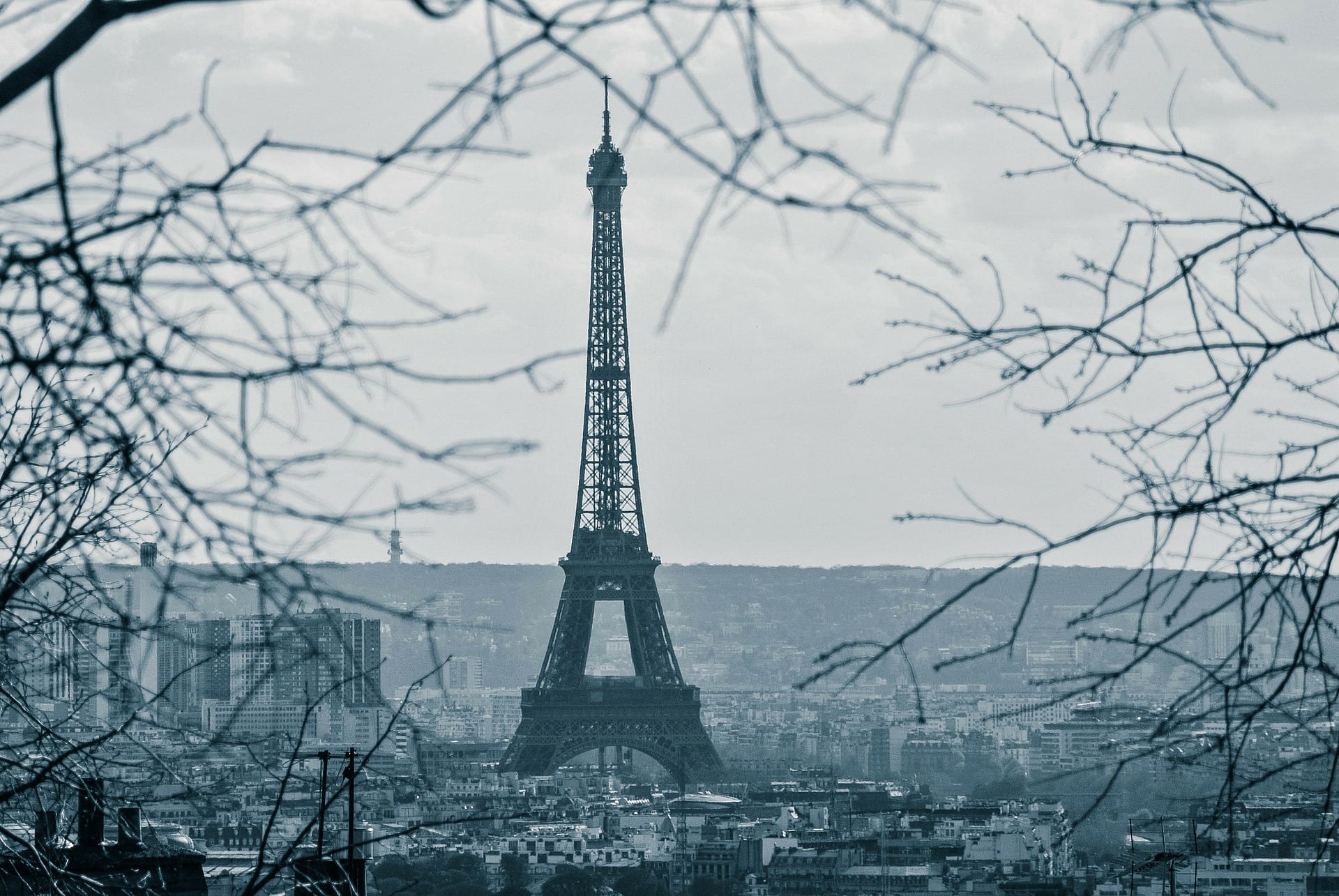In the aftermath of the Paris COP Agreement – grounds for optimism or pessimism?
By ucftrj0, on 16 December 2015
In contrast to the failure of the 2009 Copenhagen talks there is clearly more to celebrate with the Paris Climate Deal. The achievement of getting all 195 countries to commit to emission reduction is a diplomatic success, but at the level of concrete commitments, the deal falls well short of what is needed to prevent dangerous Climate Change. So what is my short list of indicators, and what is my overall assessment of prospects for the future?
A U.S. Presidential position on Climate Change as strong as it is likely to get for a decade.
An agreement that displays a profound unreality about ends and means, but may nevertheless provide a foundation that future progress can be built upon. A UK government that, having provided political leadership for many years, balks at backing CCS.
But, a rejuvenated IEA providing a powerful new voice on energy efficiency. Growth in renewables that, if continued, may see global consumption of fossil fuels peak in the mid-to-late 20s.
A reawakened China led by a political class that, in the aftermath of a century and a half of turmoil, famine and war, probably has a keen awareness of the possible costs of future, climate-induced instability.
And an agreement on climate backed, for the first time, by Saudi Arabia and other major oil producers.
It is still, just, to play for.
Photo credit: Pixabay – Public Domain CC0 – timmz
One Response to “In the aftermath of the Paris COP Agreement – grounds for optimism or pessimism?”
- 1
 Close
Close



[…] December 2015 immediately following the publication of the COP21 Paris Agreement I wrote a short note on the competing reasons for pessimism and optimism. What follows expands on that theme. I am going to focus on three things: COP21, the confirmation […]